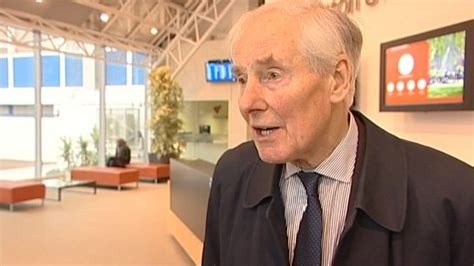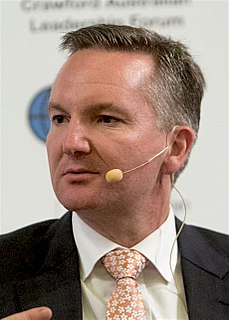A Quote by Adrian Cadbury
Shelving hard decisions is the least ethical course.
Related Quotes
In their zeal for particular kinds of decisions to be made, those with the vision of the anointed seldom consider the nature of the: process: by which decisions are made. Often what they propose amounts to third-party decision making by people who pay no cost for being wrong-surely one of the least promising ways of reaching decisions satisfactory to those who must live with the consequences.
It's tempting to think that decisions that are not life-and-death are therefore unimportant, and that the little compromises we make don't matter to our bottom line or our spiritual selves. How many of us are tempted, in business, to make a less-than-ethical decision? To appropriate someone else's idea or fudge some numbers? We have to remember that maintaining our ethical and spiritual selves is absolutely linked with achieving the degree of success we're working toward.
There are studies that have shown that we make decisions, ethical and otherwise, based on the way we imagine ourselves as characters in the stories of our lives. In other words, if we imagine ourselves brave or crazy or open, we're more likely to make decisions in a given situation based on how we imagine ourselves, whatever the facts may be.

































